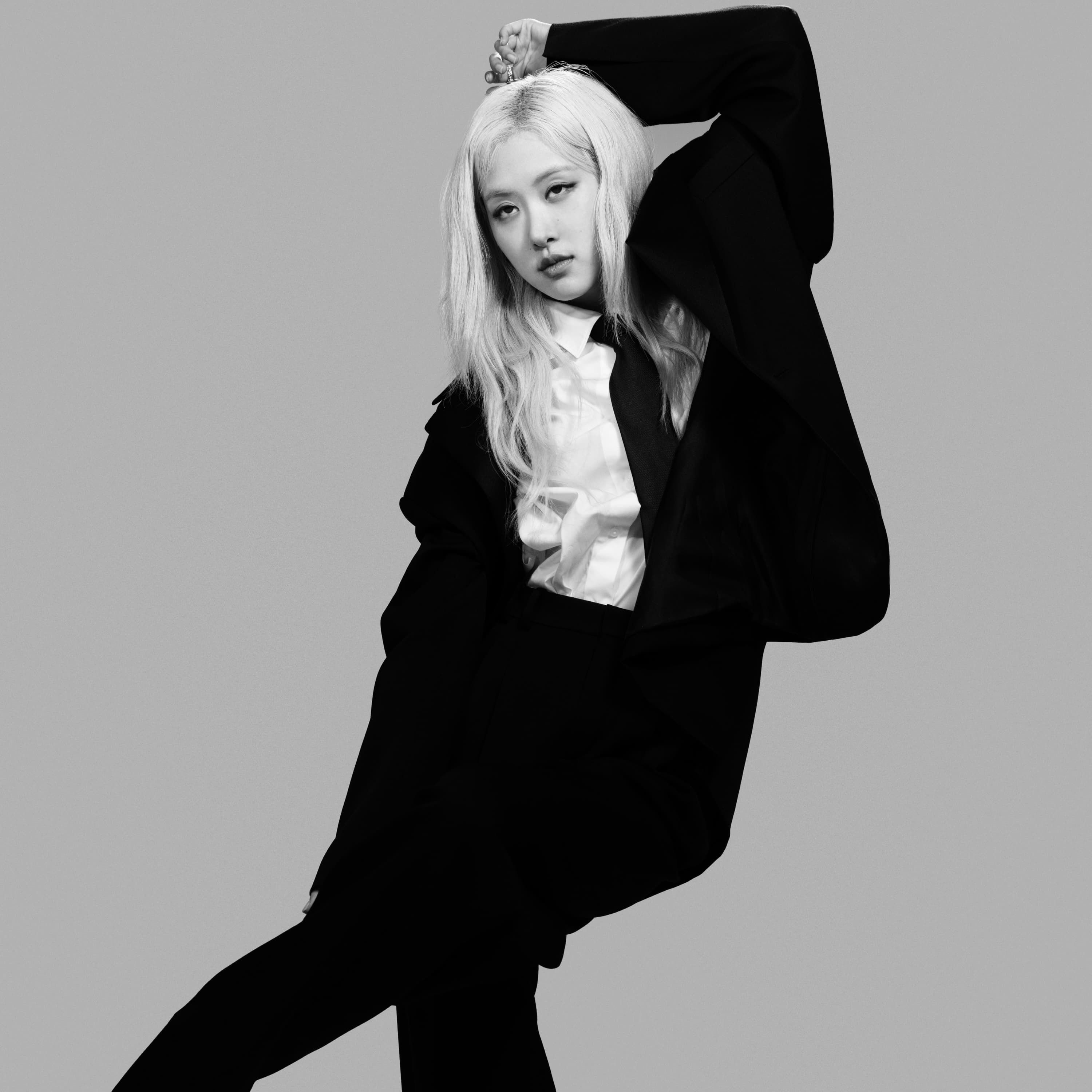
Key Insights
Why did Rosé's dad encourage her to audition for YG Entertainment?
Her dad noticed her passion for music and saw an opportunity for her to pursue it seriously, believing it was better to try and fail than to regret not trying later in life.
What was the typical day like for Rosé during her training at YG Entertainment?
She had a rigorous schedule including vocal and dance lessons, language classes, and practice sessions that often extended past midnight.
How did Rosé feel about the transition from being a trainee to becoming a pop star with Blackpink?
She found the transition challenging as she had to learn to present herself as an artist in front of the camera and navigate the pressures of fame, which she hadn't experienced as a trainee.
What themes does Rosé explore in her solo album 'R'
The album delves into personal themes of heartache, lost love, anger, and self-doubt, reflecting her journey to be more vulnerable and honest in her music.
How does Rosé handle negative comments and online bullying?
She uses songwriting as a therapeutic outlet to process her emotions and turn negative experiences into creative expression, finding healing through her music.
What is Rosé's view on the K-pop training system?
She had a positive experience, feeling it helped her develop quickly and achieve her goals, but acknowledges it might be harder for those who start younger or have different support systems.
What advice would Rosé give to a teenage girl considering a similar path in K-pop?
She advises to pursue one's dreams with determination and not to regret not trying, emphasizing the importance of finding one's drive and passion.
How does Rosé feel about her personal growth through her experiences in the K-pop industry?
She believes her core personality remained the same, but her time in Korea helped her discover and embrace her true self more fully.
Chapters
- The transition was the highest spite for her.
- She had to learn to present herself to the world as an artist.
Shownotes Transcript
The Blackpink star strikes out on her own, away from the system that turned her into a global phenomenon.Unlock full access to New York Times podcasts and explore everything from politics to pop culture. Subscribe today at nytimes.com/podcasts or on Apple Podcasts and Spotify.

